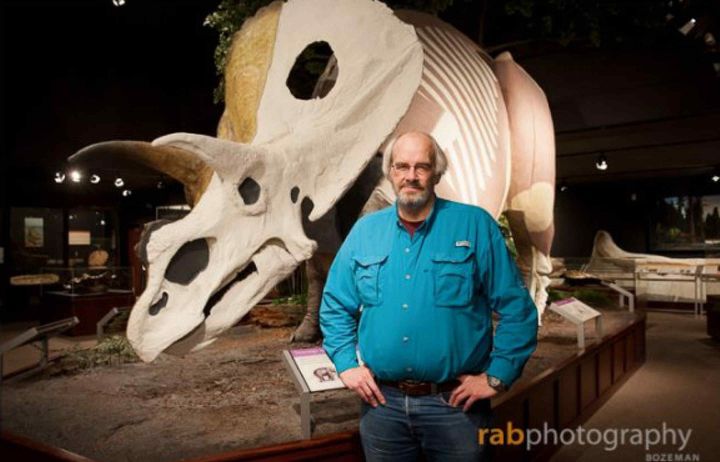Specific learning difficulties
Examples of specific learning difficulties
What should I do next?
I have an SpLD
If you have a diagnosed SpLD, you will need to submit your evidence and make an appointment with a disability adviser.
I think I have an SpLD
If you are having difficulties with your studies and think it may be due to an undiagnosed SpLD, you can get assessed via our service. Screenings and assessments are not carried out for individual SpLDs. Dyslexia, characteristics of dyspraxia DCD and characteristics of AD(H)D will be assessed together in most cases. The steps below explain how this happens:
- you must first undergo a screening with the Dyslexia/SpLD team;
- if the results indicate the possibility of an SpLD, you are referred for a full diagnostic assessment with a qualified assessor;
diagnostic assessments costs £95 and once you pay, we allocate you a date for the assessment; - the diagnostic assessment can take up to 2.5 hours. Once complete, the assessor writes a full report of their findings (this can take around 20 working days);
- we receive a copy of the report. We will write your suggested reasonable adjustments document (SRAD) and send this and your report to both you and your departmental disability officer stating our recommendations.
To start this journey, please book a screening appointment with the Dyslexia/SpLD team.
Further information
Scientists with Dyslexia/SpLD

Sara Rankin
- Professor in the Faculty of Medicine at Imperial College since 1995
- Research interest in discovering and inventing drugs that help the body to regenerate after injury
- 2017 awarded the Imperial College Medal for outstanding and exceptional service to the College for innovative research and public engagement activities
- Supports Dyslexic students in her teaching role and staff as a Dyslexia Champion
- Project member – Teaching Excellence Fund – Making the curriculum more accessible for students with Specific Learning Difficulties

Dr Maggie Aderin-Pocock
- Imperial alumni - Undergraduate degree in Physics and a PhD from the Department of Mechanical Engineering
- Managing Director of Science Innovation - public engagement and educational group
- Worked on the James Web Space Telescope, the Gemini Observatory and the European satellite ADM-Aeolus

Peter Lovatt
- Professor at Hertfordshire University
- Set up the Psychological Dance Lab
- The link between dancing and neurodegeneration
- How dancing changes the way people think and solve problems
- How the way we move is linked to our hormonal and genetic makeup

Jack Horner
- Discovered the nesting ground of a North American hadrosaur, which he named Maiasaura ("good mother lizard")
- Advisor for Jurassic Park movies


